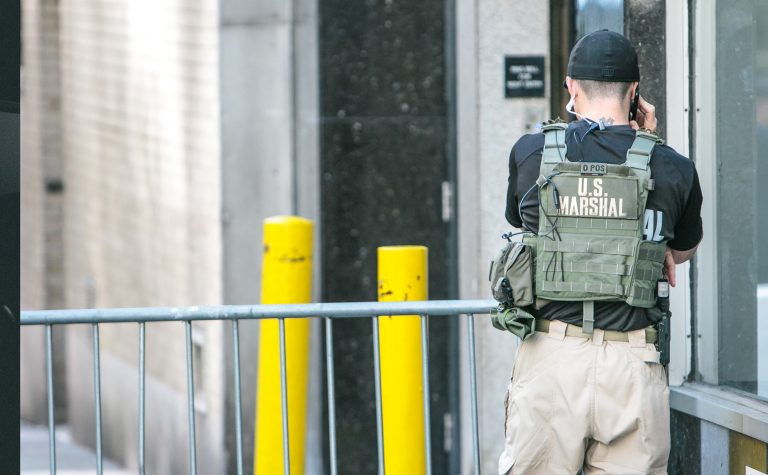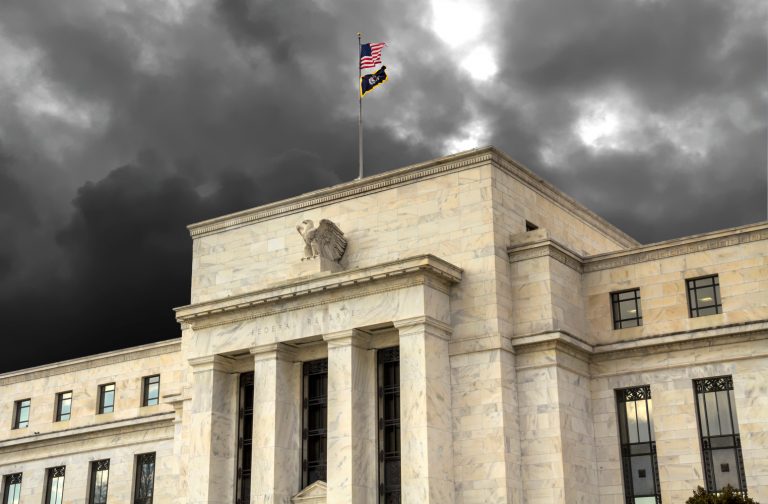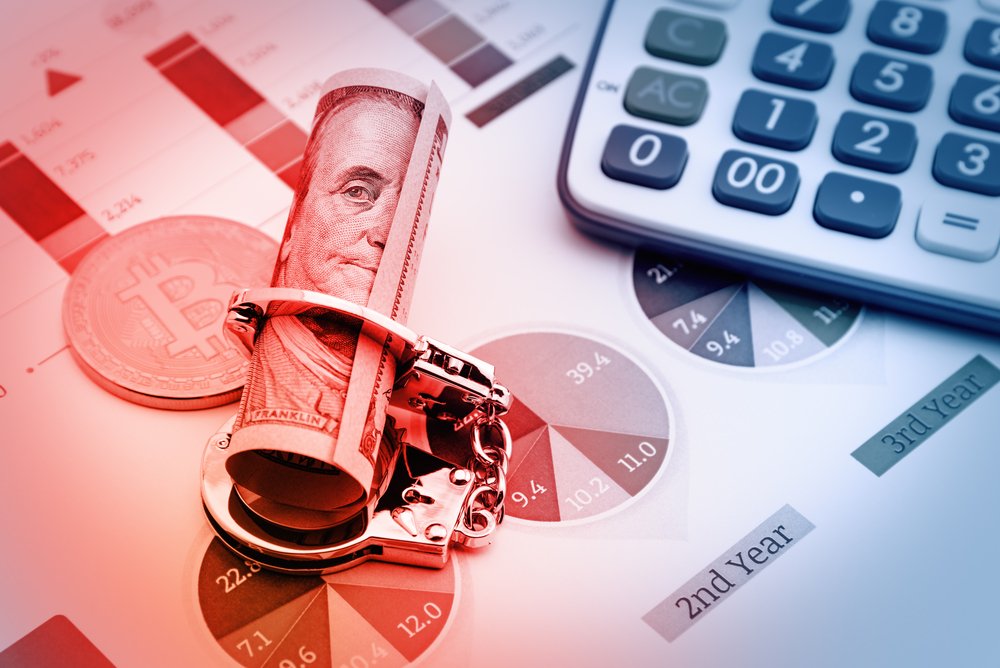
2019-10-4 22:45 |
Last month, the U.K. police auctioned off roughly $300,000 worth of cryptocurrencies after they were confiscated by the country’s Eastern Region Special Operations Unit (ERSOU). Since 2014, law enforcement agencies worldwide have been auctioning large sums of bitcoin seized during investigations. For some reason, governments don’t want the digital assets used in crimes and entities like the U.S. Marshals have auctioned thousands of bitcoins. In contrast to the governments looking to unload confiscated digital assets, there have been many types of investors interested in bidding for seized coins.
Also read: Venezuela’s Central Bank Indicates Plans to Stockpile Bitcoin
US Marshals Have Sold Hundreds of Thousands of Confiscated BTC by AuctionAfter law enforcement agencies arrested Ross Ulbricht and took down the Silk Road, the U.S. government became one of the 10 largest bitcoin holders in 2013. When the Silk Road went offline, U.S. Marshals had a total of 173,000 BTC seized from the investigation, and not too long after, the agency announced they would be auctioned. At the time, many bitcoiners watched the confiscated Silk Road bitcoins move to two different addresses where they were stored prior to the auction. The first address had close to 30,000 BTC and it still holds 20 BTC at the time of publication. The U.S. government’s other former whale wallet held 144,000 BTC and there’s still 0.30 BTC in the coffers. Additionally, the wallets were marked by the U.S. Marshals in two notes that said “Silk Road Seized Coin” and “DPR Seized Coins.” The Marshals’ spokesperson at the time, Lynzey Donahue, told the press that the government agency was “moving the Bitcoin in preparation for a sale.”
The first auction started with the 30,000 seized BTC from the Silk Road server, which were auctioned off in blocks of 3,000 BTC. The auction was only open for 12 hours and in order to bid during the auction people had to make a “refundable” deposit of $200,000. The buyers had to apply by email, and at first bidders were unknown to the public. However, in June 2014, the law enforcement agency accidentally leaked the official list bidders for the first auction.
The U.S. Marshals have auctioned the most BTC.According to reports at the time, bidders included Fred Ehrsam co-founder of Coinbase, Barry Silbert CEO of Secondmarket (now Digital Currency Group), Luther Lowe director of public policy for Yelp, Fabrice Evangelista quantitative arbitrage executive at BNP Paribas, and the artist and musician Shem Booth-Spain. After the auction, a good number of bidders said they were unsuccessful. Barry Silbert stated he was outbid, Alex Walters said he lost, and Pantera Capital also reported they didn’t get any coins in the auction. In fact, venture capitalist Tim Draper was the sole winner of all 30,000 bitcoins from that auction.
“If they thought that they were going to try to put the kibosh on bitcoin, I think they would have just buried these,” Draper told the press at the time. “Instead, they decided that this was of real value to society.”
A Series of Seized Crypto SalesWith a total of four government auctions between 2014 and 2015, the Marshals sold all the Silk Road coins for an average of $380 per BTC. As the years have passed, the U.S. Marshals have sold a ton of bitcoins by auction since the first 2014 sales. Through a few more darknet market seizures, law enforcement agencies from the U.S. have been regularly stacking coins for later auctions. After the Alphabay bust, it was estimated that the U.S. Justice Department who seized Alexandre Cazes’ stash of cryptocurrencies captured more than $1 billion worth of digital assets from the investigation. In January 2018, the oldest law enforcement agency in the country sold 3,813 BTC for approximately $45 million, which turned out to be $11,800 per coin. The Marshals are not the only U.S. entity confiscating and selling coins and the website Forfeiture.gov shows the public which agencies have seized digital assets over the years. For instance, the Customs and Border Protection service took 99 BTC and 99 BCH from someone in Salt Lake City. The website shows exactly how many other law enforcement agencies have captured specific amounts of cryptos.
It is estimated that the U.S. Justice Department seized more than $1 billion worth of digital assets from Alexandre Cazes and the Alphabay bust.The U.S. is not the only country with law enforcement agencies auctioning off large blocks of bitcoins. In 2016, Australia had the financial services group EY (formerly Ernst and Young) auction 24,518 BTC that were seized from “proceeds of crime.” It took the government a while to figure out what it wanted to do with the coins taken from a drug dealer in late 2013. An economic historian at the Cambridge Center for Alternative Finance, Garrick Hileman, explained after the sale announcement in Australia that any time a government sells a cryptocurrency, officials are recognizing it as an asset.
Forfeiture.gov lists all the U.S. agencies that have confiscated cryptocurrencies.Most governments have sold off all the cryptocurrencies they have seized from the proceeds of crime. However, there was a rumor that Bulgaria was hoarding approximately 213,000 BTC when Bulgaria’s law enforcement agency seized the stash from gangsters. This led to various reports last year, which had people speculating that Sofia is the most bitcoin-wealthy capital in the world. Despite the speculation, Bulgarian media outlets said the coins were sold almost immediately after confiscation. Allegedly Bulgaria’s finance minister, Vladislav Goranov, insisted the BTC was sold for €15,000 each and Deloitte worked as the asset manager.
We don’t know why governments have sold the bitcoins in auctions as most of them have seemingly chosen not to ‘hodl.’ The situation is quite different than the rumors floating around that Venezuela’s central bank is stockpiling cryptocurrencies. Throughout the rest of the world, hundreds of thousands of cryptos have been sold by auction, with the recent sale by the U.K.’s ERSOU merely the latest example.
What do you think about all the bitcoins governments have auctioned over the last eight years? Let us know what you think about this subject in the comments section below.
Image credits: Shutterstock, Pixabay, Forfeiture.gov, US Marshals.
Do you need a reliable Bitcoin mobile wallet to send, receive, and store your coins? Download one for free from us and then head to our Purchase Bitcoin page where you can quickly buy Bitcoin with a credit card.
The post Global Law Enforcement Has Auctioned Massive Amounts of Bitcoin appeared first on Bitcoin News.
origin »Bitcoin price in Telegram @btc_price_every_hour
Bitcoin (BTC) на Currencies.ru
|
|


























